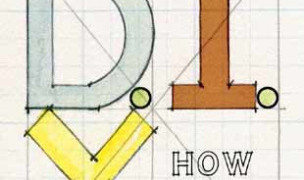 9 Terms
9 TermsHome > Industry/Domain > Earth science > Seismology
Seismology
The study of earthquake, seismic sources, and wave propagation through the Earth.
Industry: Earth science
Add a new termContributors in Seismology
Seismology
fundamental mode
Earth science; Seismology
The primary frequency produced where there are no places of zero motions (see Higher modes).
P wave
Earth science; Seismology
The primary or fastest wave traveling away from a seismic event through the rock and consisting of a train of compressions and dilatations of the material. P-waves can travel through the entire ...
antipode
Earth science; Seismology
The point exactly opposite of the epicenter where the wavefront (assuming a homogeneous Earth) should arrive simultaneously at the receiver and produce strong amplifications.
lithosphere
Earth science; Seismology
The outer solid part of the Earth, including the crust and uppermost mantle. The lithosphere is about 100 km thick, although its thickness is age dependent. The lithosphere below the crust is ...
crust
Earth science; Seismology
The outermost major layer of the Earth, ranging from about 10 to 65 km in thickness worldwide. The continental crust is about 40 km thick in the Pacific Northwest. The thickness of the oceanic ...
hanging wall
Earth science; Seismology
Of the two sides of a fault, the side above the fault plane. It is called the hanging wall because where inactive faults have been "filled in" with mineral deposits and then mined, this is the side ...
Featured blossaries
rufaro9102
0
Terms
41
Blossaries
4
Followers
List of Revenge Characters
 9 Terms
9 Terms
2la
0
Terms
16
Blossaries
4
Followers
I Got 99 Problems But A Stitch Ain't One.
 9 Terms
9 Terms
